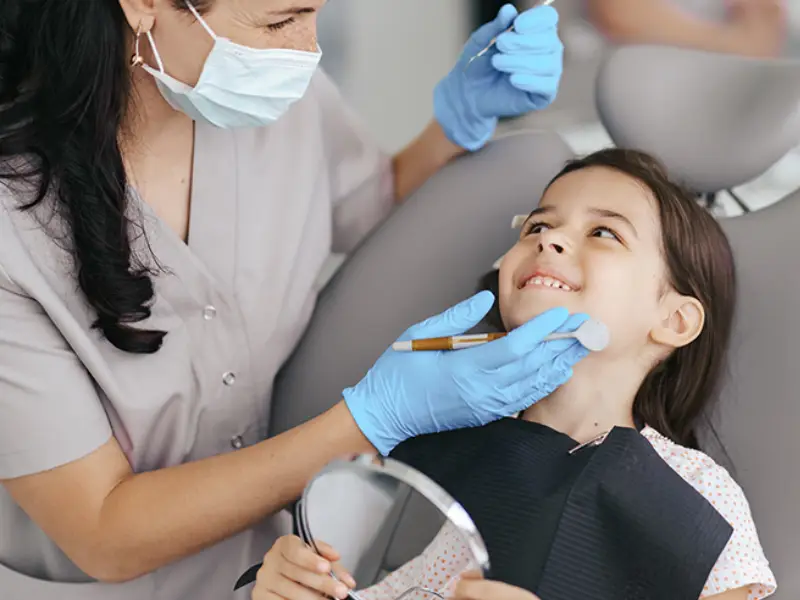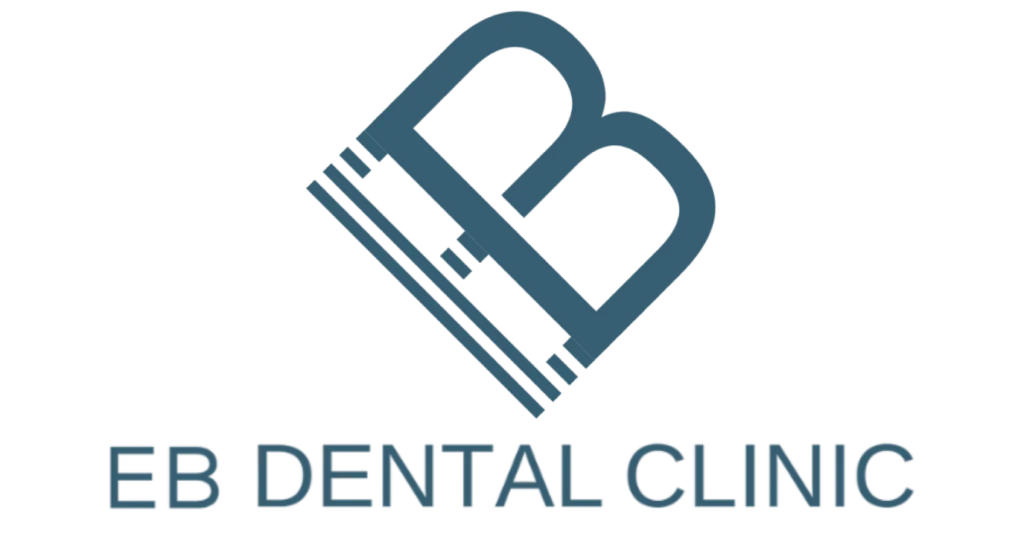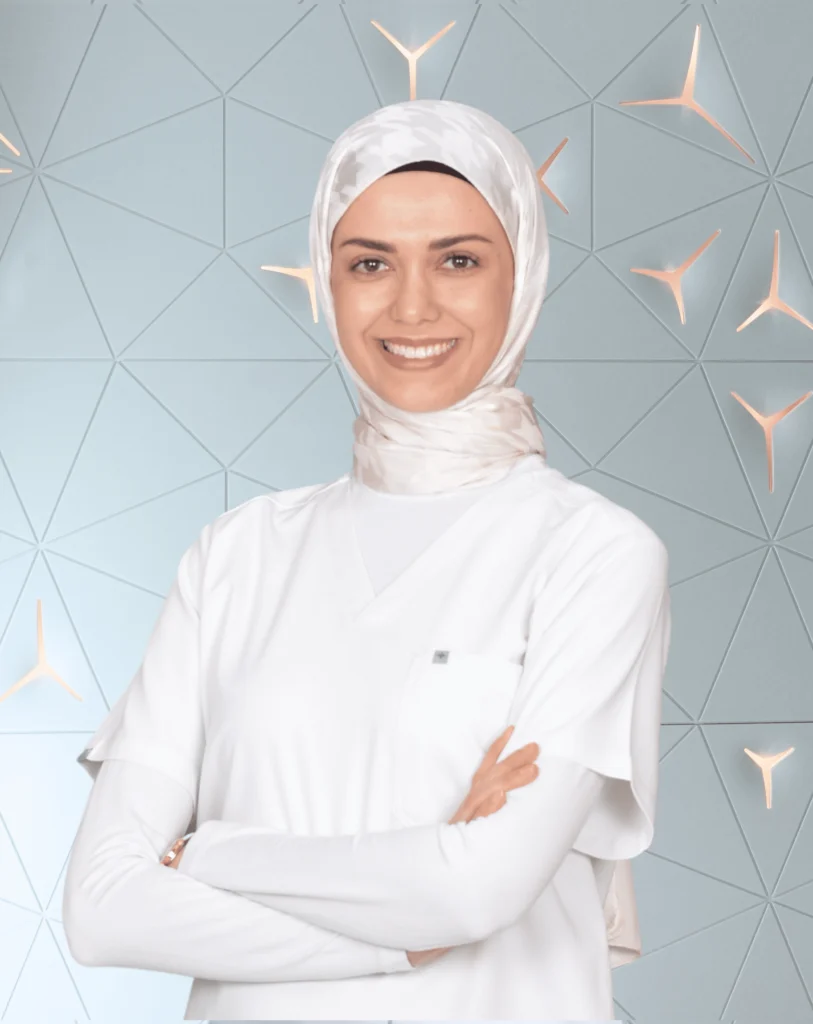Nuestros servicios
Nuestra información de contacto
- Nisbetiye, Fecri Ebcioğlu Sk. No: 3E, Beşiktaş/İstanbul
- +90 544 152 34 34
- infodental@eb.clinic
- Lunes / Sábado: 9:30 / 19:00
First Examination in Children

First Examination in Children
It’s crucial to have checkups starting with the first dental visit to accurately assess children’s general health and oral problems. Therefore, in pediatric dentistry, the initial examination is carefully evaluated for diagnosis and treatment planning.
What Happens During the First Visit?
During the initial pediatric dentistry examination, general information is collected through a history taken from the patient, assessing both general and oral health. Previous medications, systemic diseases, past surgeries, or allergies are inquired about. Previous oral and dental health issues and procedures are identified, and future treatment plans are developed. During the initial examination, appearance and behavior are also examined, and the pediatric dentist can guide other physicians with a holistic approach to identify specific treatment needs. For all these reasons, the initial pediatric dentistry examination is crucial.
Examination of Oral Tissues
During the initial examination, the condition of the extraoral tissues is examined, which supports the intraoral examination and allows for the early detection of various and systemic conditions. This includes assessing the neck and surrounding structures, any infection in the lymph nodes, the shape of the jaw and face and any potential asymmetries, joint examination and assessment of mouth opening, the presence of extraoral fistula-like formations, and the presence of fever.
Examination of Oral Tissues
During the first dental visit, the oral tissues, including all soft and hard tissues, are evaluated. These evaluations are supplemented with X-rays if necessary. The erupted primary and permanent teeth, their position and compatibility with other tissues, existing restorations, and the development of decay are examined. Jaw development, space issues with erupting and existing teeth, and deformities in the shape and structure of the teeth are evaluated. Treatment planning and information are provided after all intraoral and extraoral examinations are completed.
When Should Children Have Their First Dental Checkup?
Because children lack sufficient awareness of dental health and its importance, and because dental care is a sensitive issue for overall health, families and dentists bear a significant responsibility. It is recommended that children have their first dental checkup by a dentist specializing in this field, starting with the eruption of the first tooth. This allows for early detection of abnormalities or the risk of developing tooth decay, potentially preventing the need for more complex treatments in the future.
When Does Teething Start in Children?
The first primary tooth begins to erupt in the frontal region in the first 5-6 months after birth, and all primary teeth are fully erupted by the end of the 30th to 36th month. There are 20 primary teeth: 10 in the lower jaw and 10 in the upper jaw. Delayed dentition can be associated with conditions such as hypothyroidism, rickets, and mongolism. A baby whose first tooth hasn’t emerged by 13 months should be examined by a pediatric dentist. The first permanent teeth replace the lower front teeth at age 6, typically around age 8, and from age 9 to 12, the permanent teeth replace the remaining back primary teeth.
How to Conduct a Child’s First Dental Visit?
During the initial examination of children, the information provided by the family and any previously noted problems are considered part of the patient’s history. During the clinical examination, the environment and procedures are introduced to children who are visiting for the first time to prevent anxiety. This initial experience is ensured by expert dentists, using approaches appropriate to the child’s age and psychology, ensuring a positive outcome. This can also help prevent future habits such as dental phobia. During this process, it is more appropriate for the family to leave the process management and information to the dentist, ensuring the procedures are carried out professionally. This way, the examination is completed and a treatment plan is developed. The child and family are informed about oral care and preventive treatments, and upcoming appointments are followed.
Oral Care in Children
During the first checkup, children and their families should be informed about proper oral care. Children are often unaware of the importance of oral and dental health. Dental care for babies and children is a particularly sensitive issue. Families and pediatric dentists play a crucial role in this regard. Once the primary teeth begin to appear, a toothbrush with the appropriate color and pattern should be purchased for the child, and the child should be introduced to the brush. During infancy, parents should brush their teeth morning and evening after feedings, massaging the teeth and gums with a dental wipe, a cheesecloth, or sterile gauze. During the transition from infancy to childhood, primary teeth play an important role not only in chewing but also in supporting jaw development and speech function. Therefore, they should be retained until the permanent teeth erupt. Primary teeth damaged by various factors, such as decay or trauma, are retained until the normal age of shedding with various treatments.



